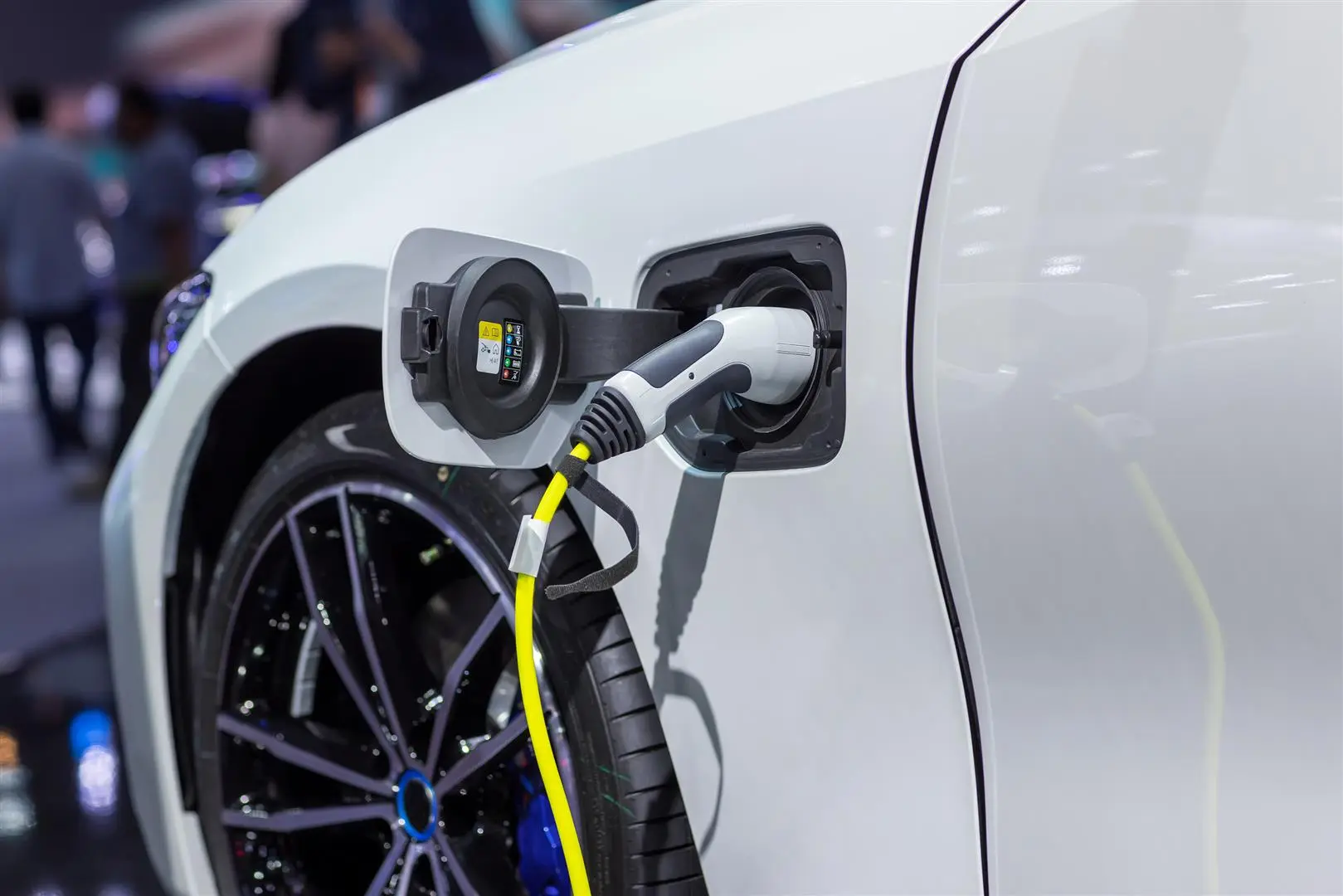
The electric vehicle revolution is gaining momentum—and with rising demand comes a golden opportunity: EV charging infrastructure. For entrepreneurs, the question is—how to start an EV charging franchise, and is it truly a smart investment? In this in-depth guide, we’ll explore the essentials: from costs and profitability to requirements and ROI. We also compare EV franchising vs independent operations to help you decide your best route forward.
Understanding the EV Charging Franchise Opportunity
The shift to clean energy means government incentives, consumer support, and massive growth forecasts for the EV charging business. By partnering with a recognized franchise brand, you benefit from a proven model, ongoing support, and brand trust—while contributing to the global electric movement.
EV Charging Franchise Cost: What to Expect
The first step? Crunching the numbers on EV charging franchise cost. Key components:
- Franchise fees: $20,000–$50,000 depending on brand tier.
- Station infrastructure: $50,000–$150,000 per charger, including equipment, installation, and civil works.
- Site preparation & utility: Grid upgrades, signage, and permitting—typically $30,000+.
- Working capital & soft costs: Marketing, legal, staff training—around $20,000–$40,000.
Overall startup costs range from $100K to $500K+, which raises the common concern: how much does it cost to open an EV charging franchise? The answer depends on scale, location, and charger type.
Is EV Charging Business Profitable?
Profitability analysis reveals promising potential:
- Revenue sources: Usage fees, subscription access, loyalty programs, advertising.
- Margins: After utilities and maintenance, net margins can land between 15–25%.
- Income potential: Many franchisees report annual revenues between $100K–300K per station, depending on traffic and usage frequency.
So, can you make money with an EV charging franchise? Absolutely—if you locate smart, optimize pricing, and manage operations wisely.
EV Charging Station Franchise Opportunities
Major franchise brands leading the charge (pun intended):
- ChargePoint – Offers turnkey solutions and network flexibility.
- EVgo – Focuses on fast DC charging at retail and urban hubs.
- Blink Charging – Popular for Level 2 installations in public and commercial spaces.
- Greenlots (Shell) – Combines government support with integrated software.
Research each one. Ask: “What are top EV charging franchise companies 2025 offering?” Compare site coverage, charger types, support services, brand visibility, and support fees.
EV Franchising vs Independent Model
- Franchising benefits:
- Ready-made brand reputation.
- Training, software systems, and support.
- Easier access to financing with established models.
- Independent route:
- Greater flexibility in design and pricing.
- Lower ongoing royalties.
- Higher risk – you build from scratch with no brand backing.
For many newcomers, EV franchising helps bypass early challenges—but seasoned entrepreneurs may flourish going independent.
EV Charger Franchise Requirements
What does your future look like if you ask “EV charger franchise requirements?”:
- Site access: High EV traffic zones, highway exits, retail hubs.
- Zoning compliance: Secure permits from utility companies and local councils.
- Grid readiness: Sufficient electrical capacity and backup options.
- Funding: Personal capital, financing options, or leveraging government grants.
- Operational readiness: Staffing, maintenance, customer service setup.
These prerequisites ensure you’re ready to “flip the switch” and serve EV drivers seamlessly.
EV Charging Franchise ROI 2025: What to Expect
Return on investment (ROI) depends on usage volume:
- Assumption: A DC fast charger used 8 hours/day at $0.40/kWh.
- Generates ~$100/day or ~$36,500/year.
- After costs (electricity, branding fees), net earnings: $20K–$30K annually.
- With multiple chargers or high-traffic locations, ROI ramps up quickly.
While exact ROI varies, most franchisees aim for 2–4 years to break even, with solid income projections after ramp-up
EV Charging Franchise Reviews
Reviews from franchisees are glowing when expectations align with reality:
“Since joining ChargePoint, the turn-key support and marketing helped us reach breakeven in 18 months.” – Franchise owner, California
“Blink’s network integration made our stations visible to EV drivers using apps.”
Search for EV charging franchise reviews specific to your region and talk to multiple owners before signing on the dotted line.
Government Grants for EV Charging Franchises
Many jurisdictions offer EV charging grants and incentives:
- Tax credits: Up to 30–50% of installation costs.
- Rebates: Flat grants per charger deployed.
- Utility incentives: Reduced rates during off-peak hours.
- Infrastructure grants: For underserved community installations.
These subsidies can significantly reduce your startup costs and improve early ROI.
Best EV Charging Franchise to Own
When searching for the best EV charging franchise to own, consider:
- Support services: Marketing, maintenance, software.
- Brand recognition: Kits or network-followed by drivers.
- Fee structure: Reasonable royalties with clear ROI path.
- Growth potential: Multiple site expansion and fleet contracts.
ChargePoint, EVgo, Blink, and Greenlots often top the list—but choose based on your geography, goals, and budget.
Tips for New EV Charging Franchise Owners
- Research traffic patterns: Highway rest stops, shopping centers, and workplace locations outperform low-traffic areas.
- Negotiate electricity rates: Bulk or demand-based pricing can save thousands annually.
- Offer tiered pricing: Fast-charging premium rates and subscriptions can boost profits.
- Partner locally: Work with fleets, local businesses, ride-share services for guaranteed usage.
- Track KPIs: Monitor utilization, revenue per session, maintenance costs, downtime to optimize performance.
Final Thoughts: Is It Right for You?
To recap, starting an EV charging franchise can be a smart investment if:
- You have access to prime real estate and startup capital.
- You partner with a reputable brand and leverage available government incentives.
- You understand the day-to-day operations and market demand.
Yes, the upfront costs are significant—but the EV charging business is poised for explosive growth. With many drivers needing reliable access, early adopters stand to benefit from long-term, consistent revenue streams.
Ready to charge into the future? Explore opportunities today and help drive the green revolution—while building a profitable business.
Visit GloballyUpdates – Pakistan’s Source for Tech, Investment & Green Energy News

